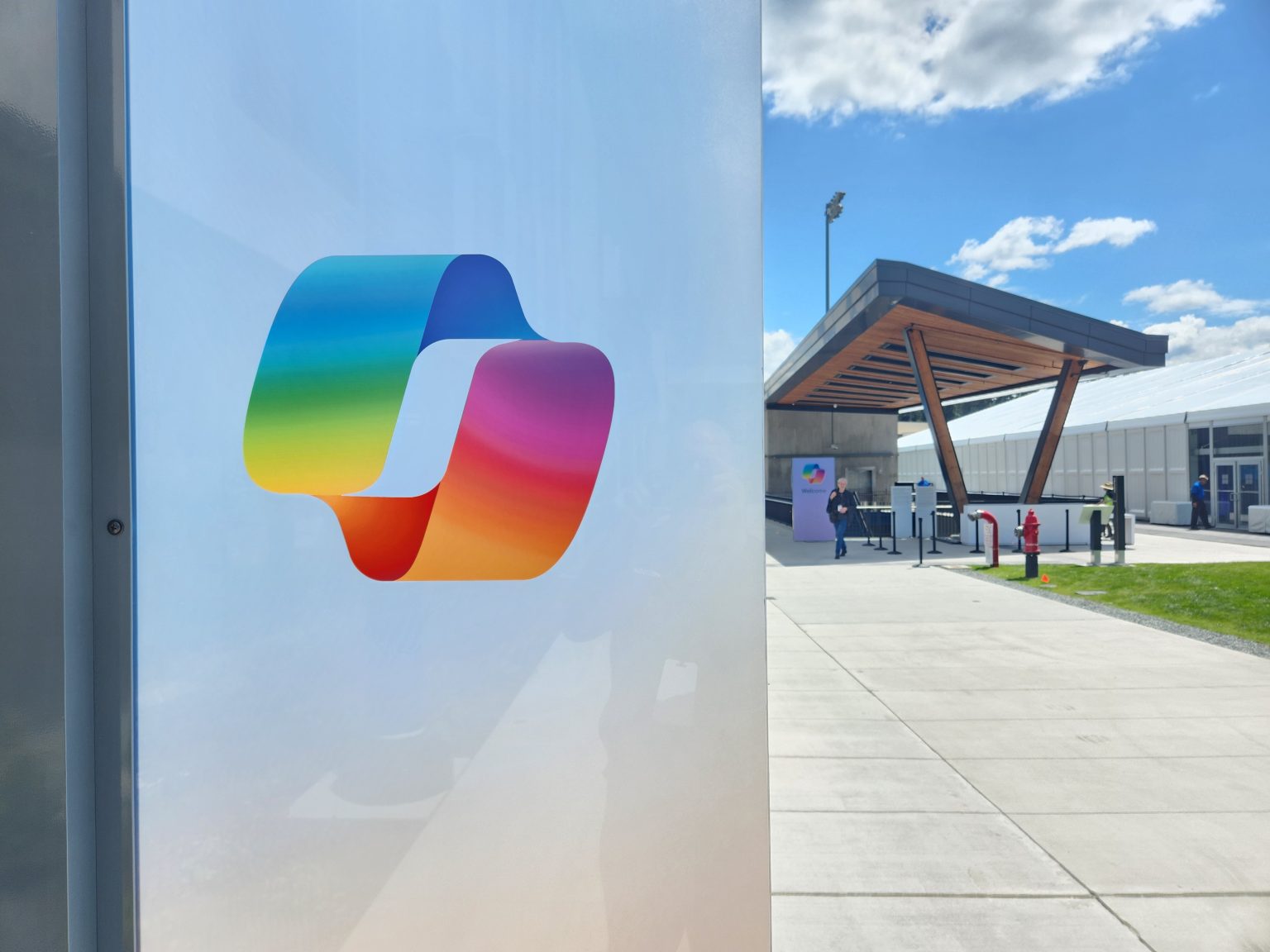Microsoft and major PC manufacturers have unveiled a new initiative to integrate artificial intelligence directly into personal computers through the use of on-board neural processing units (NPUs). This new architecture promises improved performance, longer battery life, and the ability for local AI processing, unlocking new functionalities and features. Stefan Weitz, a former Microsoft employee and founder of the HumanX conference, discusses the potential of the new Copilot+ PCs in enhancing the overall computing experience and motivating Windows PC users to upgrade their machines. The Copilot+ PCs have raised some security and privacy concerns, particularly regarding the “Recall” feature that takes regular screenshots of user activity on the machine for indexing and AI querying.
The new Copilot+ PCs featuring integrated artificial intelligence have been unveiled by Microsoft and major PC manufacturers, promising better performance, longer battery life, and local AI processing. Stefan Weitz, a former Microsoft employee and founder of the HumanX conference, is optimistic about the potential of these new PCs in enhancing the computing experience and encouraging users to upgrade their machines. However, the integration of AI technology in the Copilot+ PCs has also raised concerns regarding security and privacy, particularly with the “Recall” feature that takes screenshots of user activity on the machine for indexing and AI querying.
During a discussion on the GeekWire Podcast, Stefan Weitz shares insights on the new Copilot+ PCs and their potential impact on the computing landscape. As an investor and entrepreneur who spent 18 years at Microsoft in various groups, Weitz believes that the Copilot+ PCs could be a game-changer for Windows PC users. Despite the excitement surrounding this new technology, there are concerns about the security and privacy implications of features such as the “Recall” function, which captures screenshots of user activities on the machine. Microsoft has emphasized the security and privacy controls available to users but notes that the feature will be activated by default upon initial bootup.
In addition to discussing the new Copilot+ PCs, Weitz shares some of his favorite AI tools, including Cleft Notes and Read AI, highlighting the potential and versatility of artificial intelligence in various applications. The integration of AI in personal computers represents a significant advancement in computing technology, with potential benefits for users in terms of performance and enhanced features. However, it is essential for users to be aware of the security and privacy implications of these AI-powered devices, particularly with features like the “Recall” function that capture user activity on the machine.
Ultimately, the adoption of AI technology in personal computers represents a transformative shift in the computing landscape, offering new capabilities and features that enhance the user experience. The launch of the Copilot+ PCs by Microsoft and major PC makers signals a significant step forward in the integration of AI into consumer devices, with the potential to revolutionize how users interact with their computers. It is crucial for users to understand the implications of AI technology on their privacy and security and to take advantage of the available controls to protect their data. As AI continues to advance, it will be interesting to see how these new capabilities shape the future of computing and the overall technology ecosystem.


